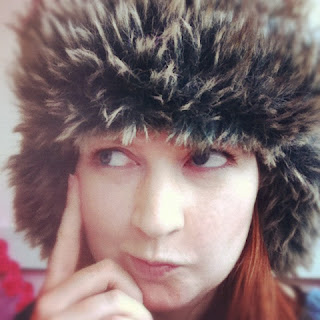Getting Women into Science, EU Directive
All my wonderful lady friends (I'm talking to the non sciency bods here) I need your help. Please watch the video below and leave a comment on my blog page (at the bottom of this page) letting me know what you think of the video (giving your current job - you don't need to leave your name). Does it make you want to work in science? Update 18.7.12 Thanks for all the comments! I forwarded them on to the EU commission that produced the video. They did receive quite a response to the video from across the globe, and a few 10000 blog posts!! Here are a few reflections - Science, a people thing - I think this is the blog post I agreed with the most From the Guardian - Science: it's a girl thing! A viral fiasco New Statesman Huffington Post (UK) - they ask 'is the video sexist?' Wall Street Journal - describe it as a porn film They did take the video down, and here is the website now - http://science-girl-thing.eu/




